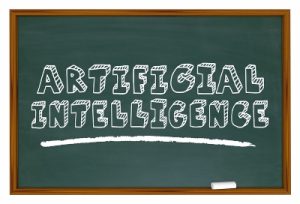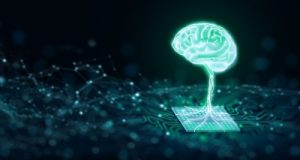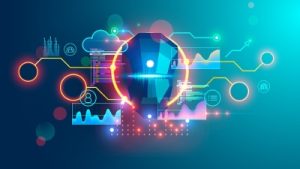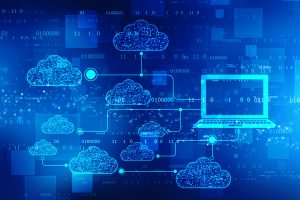
With each passing school year, teachers of kindergarten through college classes have dealt with the increasing ubiquity of AI in their students' lives. The mass availability of AI tools initially caused educators great concern. Would students use AI to cheat or find shortcuts on tests and homework? Would AI eliminate the need to learn certain skills, the way widespread GPS use reduced the need for map reading. However, many educators have risen to the challenge of AI's presence and influence by embracing it as a learning tool.
Deepening the Learning Experience
AI tools have made curriculum materials more available and accessible to educators, allowing them to expand beyond simple question-and-answer worksheets. Now, they can use AI to create more personalized lessons, allowing each student to complete assignments that correspond with both their deficiencies and their strengths. If a student is struggling to understand a concept, the teacher can direct them to online chatbots and tutors that will help explain the concept in different ways. Teachers can also use question generators to create custom assessments, helping them more accurately measure students' knowledge by coordinating the assessments with their individual learning styles. Continue reading








